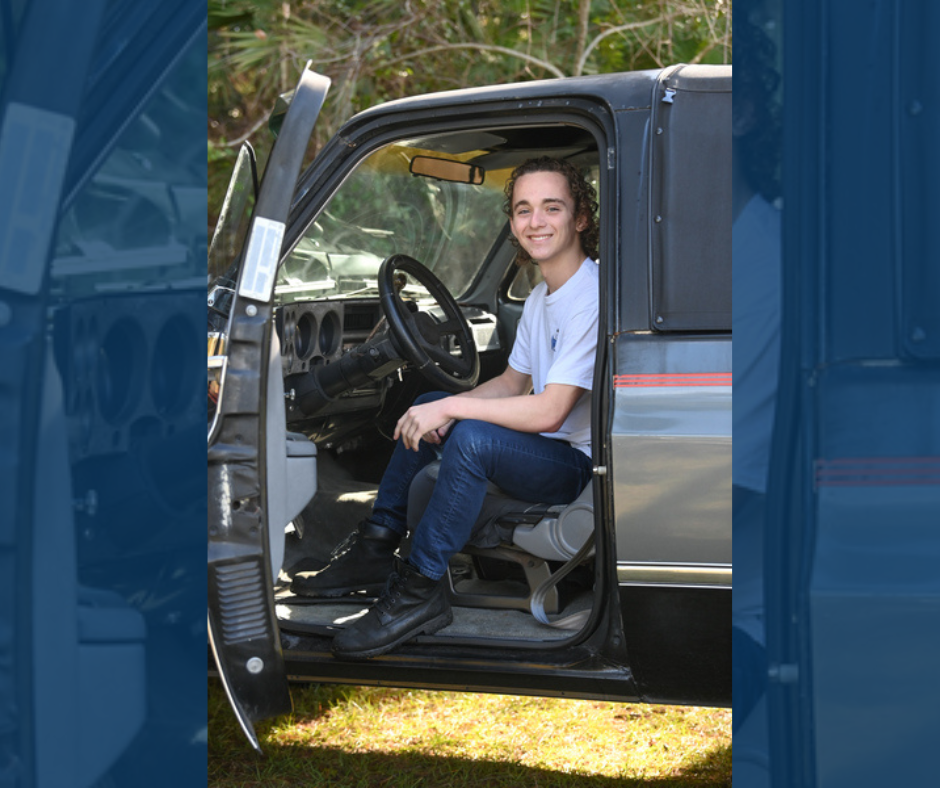When the flooding began the global disaster that now besets Pakistan, Rahma Adnan’s mother was in her home country.
She told her daughter the rain was not stopping and only getting worse.
Adnan, a UNF political science junior, felt powerless as she constantly scanned Pakistani online news for updates on the flooding and realized how bad it was getting.
“It grew to this phenomenal scale,” Adnan said. “They would show people literally up to their chests in water and women holding their babies above their heads.”
Adnan, president of the UNF Muslim Student Association, said she realized something needed to be done.
Adnan and other students started raising awareness of the steadily declining situation in Pakistan and began collecting donations and essentials to send over to the people affected by the floods.
Adnan and her fellow group members have continued collecting donations and supplies for the Pakistani flood victims as the United Nations warned this month the devastation is still getting worse.
The flooding began falling in northern Pakistan in late July and the floods have since been moved slowly south, wiping out villages and farmland. The UN estimates over 20 million people have been affected, 1.2 million homes damaged or destroyed, entire villages washed away and food supplies decimated.
Across the country, over 1,700 people have been declared dead, but the toll continues to rise. Of those still living in the affected areas, 12 million need emergency food aid.
“Twenty million people, you can’t even grasp that,” Adnan said. “It’s bigger than the Haiti earthquake and the [Indonesian] tsunami combined.”
She said her family suffered only minimal damage to their homes, but she is helping others who are not so fortunate.
The UN asked for $460 million in donations in August but has now quadrupled that figure because of the scope of the disaster. The organization noted aid has been slow in arriving, and UN Secretary General Ban Ki-moon recently called the flooding a “global disaster.”
That’s why UNF students, in cooperation with Orange Park nonprofit Helping Hands, are collecting bottled water, food, soap, towels, diapers and other basic items that so many don’t have. They have also been selling baked goods and T-shirts for $10 at Market Days, all of the proceeds went to flood relief.
Adnan will be meeting with the UNF Intercultural Center for PEACE to work on gaining more support for the Pakistani people. She is also working with other clubs on campus to spread the message to as many people as possible.
Any nonmonetary donations can be dropped off at the UNF Volunteer Center in the Student Union, Building 58E, room 3104. The students are asking for nonperishable food items, bottled water, soap, clothes and towels.
“Obviously water is a must,” said Adeel Naseem, a UNF electrical engineering junior.
Naseem also has family in Pakistan and is helping collect donations.
“It’s my country, it’s a beautiful place, and I don’t like what’s going on there,” Naseem said.
Owais Saulat, a UNF accounting sophomore, moved from Pakistan to the U.S. two years ago. Saulat said he stays updated by watching Pakistani news on the floods.
His family is not near the worst flooding in the Swat Valley, normally a green and lush region in the northwestern corner of Pakistan, about 100 miles from Islamabad, the country’s capital.
Saulat said the flooding has set back Pakistan’s economy enormously.
“We have already gone back in our economy nine years,” he said.
The students are urging UNF students to get involved.
“We’re all college students,” Adnan said. “We should all be aware of these issues in the world.”
“We should help each other regardless of where you’re from,” said Saeedah Qazeer, a UNF sophomore who has been helping Adnan. “We all need the same things and want the same things. We all want to be happy.”
Saulat said the Pakistani people are thankful for even the smallest things right now.
He said people in the U.S. feel they’re disadvantaged whenever they purchase things they want but don’t have.
“We just keep dumping into our closet when we already have enough,” he said. “Those people don’t even have clothes.”











